Help Wanted? That’s Expected
By: Matthew Burden, Ph.D. | President/CEO Porter-Starke Services
Each year, when the annual National Survey on Drug Use and Health report is issued, I look to find the most recent data on the number of people with substance use disorders (SUDs) in the nation. In the most recent report, that number was an estimated 38.4 million people aged 12 and older. The report goes on to detail that among those with a past year SUD, only 6.5% (or 2.6 million people) received any SUD treatment. These statistics are quite surprising to many, but perhaps the most surprising finding of all relates to the reasons why people don’t receive treatment. Specifically, 37.5 million (97.5%) did not feel they needed treatment. An additional 737,000 felt they needed treatment but did not make an effort to get treatment. That leaves 0.5%—or roughly 1 in 200 people with an SUD—who experienced some barrier to treatment.
I mention this in the context of First Things First Porter County because an unwillingness to accept help is sometimes the greatest barrier to providing it. There are many reasons why people can be reluctant to engage—busy lives, work schedules, stigma, making tough changes, etc. Accepting help or advice from a stranger can be difficult, even intimidating.
But for the seasoned parents out there reading this, think back for a moment—who was there with you when you took your newborn home? How did it feel to have this little human being in your life for the first time, dependent on you for everything to survive and to thrive? Did you have a safe and secure environment? Plenty of resources? Friends and family providing love and support? Could you have ever imagined how your life would change from whatever it was before?
No matter what your situation was then (or is now), I think it’s safe to say that all of us could use some help in figuring things out when it comes to equipping our children with everything they need to get off to a happy and healthy start in this world.
That’s the great benefit of having a strong, well-coordinated system in our community. First Things First Porter County convenes the existing programs, providers, services and organizations to take care of the first things, first. First Things First is designed with the idea in mind that it’s not only okay to want help or guidance—it’s expected!
After all, when it comes to child development, time is of the essence. According to Harvard’s Center on the Developing Child, “In the first few years of life, more than 1 million new neural connections form every second.” If you’ve ever read the children’s book How Big is a Million by Anna Milbourne (highly recommended, by the way!), you can get in your head that staggering picture of just how big a million is. With all that occurs in a child’s life, we never know which moment may impact them forever; but as parents, caregivers, educators, family, friends, and members of a strong and vibrant community, we can certainly do all we can to make for as many great moments as possible.
There are a lot of things that can get in the way of an optimal start—a parent battling an SUD is just one of them. But resources are out there. Help can be found. It may just take a guiding hand to make that happen. Whether it’s about treatment for an SUD, or questions about parenting, or understanding childcare options, or finding any and all types of support… that is the collective power of First Things First Porter County and its partners. This robust local network provides parents with a solid knowledge of the help and resources available within our community, and positive differences are being made here each and every day.
That’s why I’m proud to be a part of First Things First Porter County. The more we can come together as a community to give our infants and children the best start in life, the more that all of us will thrive.

